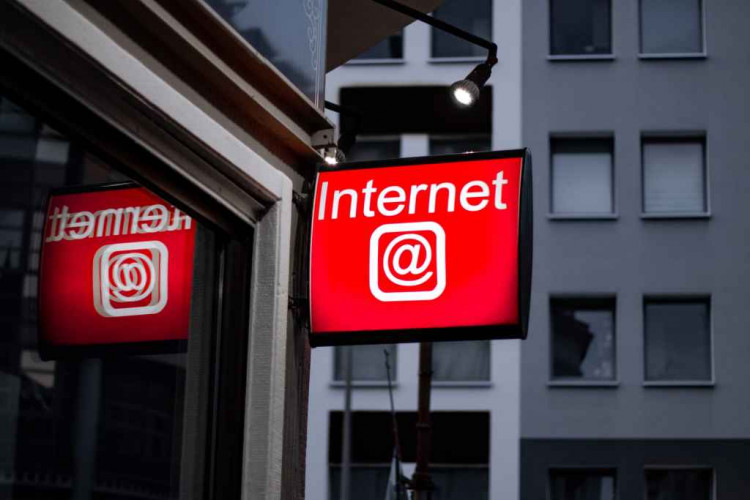Google, Microsoft, Meta, and Amazon announced a public campaign Monday to eliminate the leap second, an extra tick that keeps clocks in sync with the Earth's rotation. Both the U.S. and French timekeeping authorities agree.
Since 1972, the world's timekeepers have added a leap second to the global clock known as the International Atomic Time (TAI) 27 times. An extra 23:59:60 is tucked in instead of 23:59:59 changing to 0:0:0 at midnight. This causes a lot of discomfort for computers, which rely on a network of precise timekeeping servers to schedule events and record the exact sequence of activities such as adding data to a database.
They claim that the temporal adjustment has more negative effects than positive ones, such as internet disruptions. The group asserts that dealing with leap seconds is essentially pointless because historically speaking, the Earth's rotating speed hasn't altered all that much.
"We are predicting that if we just stick to the TAI without leap second observation, we should be good for at least 2,000 years," According to Meta's research scientist Ahmad Byagowi. "Perhaps at that point, we might need to consider a correction.*
It's time to stop using the leap second, say the big names in technology and two important bodies. These are the Bureau International de Poids et Mesures, a French organization, and the U.S. National Institute of Standards and Technology (NIST) (BIPM).
Given that governments and scientists, not technology businesses, are ultimately in charge of the world's global clock system, cooperation from the government is essential.
Massive Reddit outages, as well as related issues at Mozilla, LinkedIn, Yelp, and airline booking firm Amadeus, were brought on by the leap second transition in 2012. A Cloudflare bug involving leap seconds in 2017 caused a portion of its customers' servers to go offline. Comparing two clocks, the Cloudflare program determined that time had gone backward but was unable to handle that conclusion.
Computers are very proficient in counting. However, human interference, such as leap seconds, might throw a monkey wrench into the system. The most notorious was the Y2K bug, which occurred when human-authored databases only recorded the final two digits of the year and caused math errors when 1999 turned into 2000. When a 32-bit value, which some computers use to count the seconds from Jan. 1, 1970, is no longer large enough, an analogous issue will arise in 2038.






